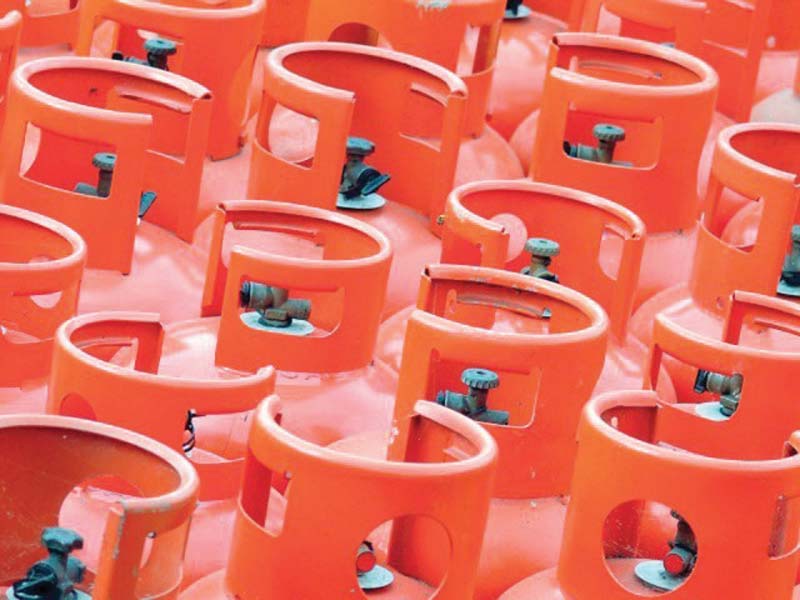
Though the ministry has sent repeated requests, the Oil and Gas Regulatory Authority (Ogra) has been reluctant to take steps for price regulation, fearing it will disturb the balance in market.
The CCI, an inter-provincial body with representation from all provinces, approved the proposal of regulating LPG prices in its meeting on February 29, 2016. After that, the Ministry of Petroleum advised Ogra in March to set the LPG price for domestic and commercial consumers at Rs895 per 11.8kg cylinder.
Political interference alleged: Ogra slammed for inaction on cylinder gas blasts
However, Ogra sent a letter to the ministry in April, arguing the minimum price of LPG cylinder stood at Rs660 according to central bank estimates and the proposed price would disturb the market.
The regulator pointed out that it had been decided to regulate the locally produced LPG market for the domestic and commercial sectors and deregulate LPG imports that would be consumed in the industry and auto sector.
However, it stressed that practically it was impossible to distinguish the source of gas stock and restrict its consumption for the specific purpose.
Therefore, it said, the regulation and deregulation of the market could not be practically implemented at the same time.
Ogra asked the ministry to seek approval of the cabinet for amendments to the LPG rules before implementation of the relevant policy.
The petroleum ministry countered that LPG prices stood higher at Rs1,040 per 11.8kg cylinder. “Price regulation will safeguard the interest of domestic consumers and may help avoid the consumption of locally produced LPG in the industrial and auto sectors,” it said.
The ministry told Ogra that being a regulator it was responsible for the implementation of policies approved by the competent forums including the CCI, which was chaired by Prime Minister Nawaz Sharif and had chief ministers of all provinces as members.
Citizens irked by dearth of gas supply in garrison city
The ministry has agreed to seek the cabinet’s nod for regulating the LPG prices aimed at stabilising the market.
Under the original rules, a licence would be granted for one year for constructing an LPG filling station. In the amended rules, the period has been extended to two years.
In some cases, licence-holders were finding it difficult to get approvals from the authorities concerned and complete construction work within one year. The extended period will enable them to win NOCs and end construction work accordingly.
Under the current policy, if the LPG base stock or fixed LPG price is not considered reasonable or in the event of any cartel formation, the authority may, in the public interest, determine a reasonable price of the LPG base stock or LPG in accordance with the prevailing policy of the federal government, which a licensee will charge from another licensee or consumer.
Published in The Express Tribune, January 22nd, 2017.
Like Business on Facebook, follow @TribuneBiz on Twitter to stay informed and join in the conversation.











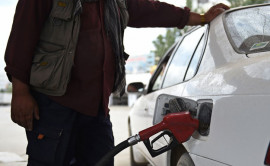

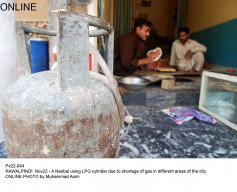
1710998259-0/pti-(1)1710998259-0-270x192.webp)
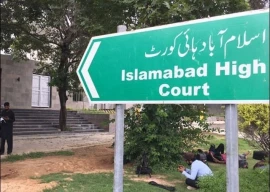
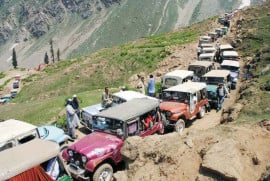


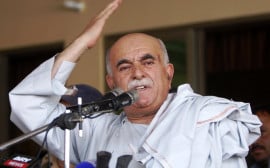





















COMMENTS (2)
Comments are moderated and generally will be posted if they are on-topic and not abusive.
For more information, please see our Comments FAQ